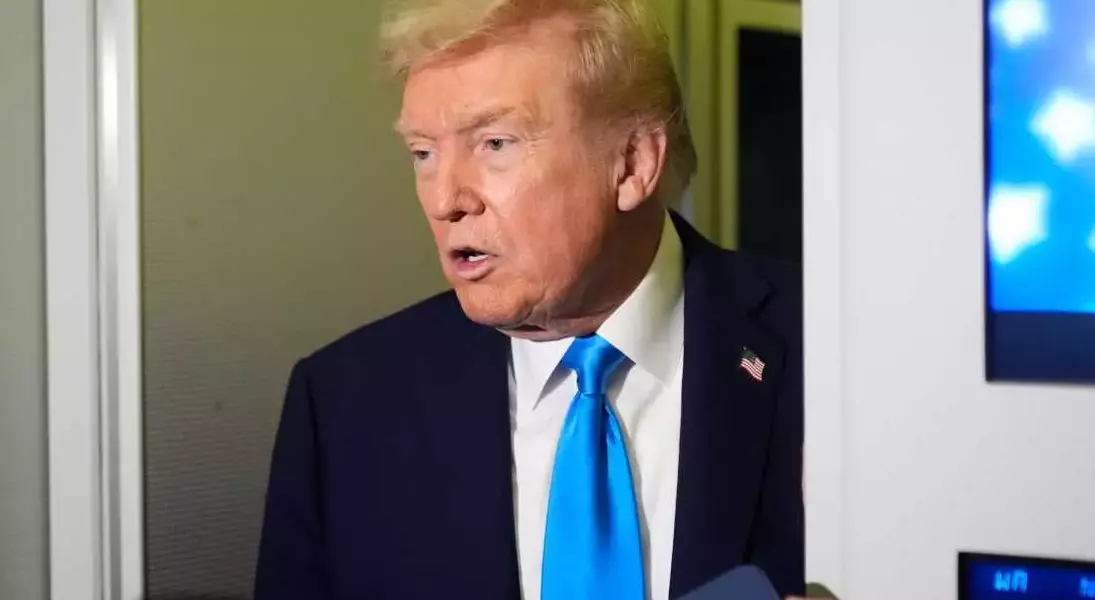
Escalating Trade Tensions: Trump Imposes New Tariffs on Canada Over Controversial Ad
President Trump's Announcement on New Tariffs
On Saturday, aboard Air Force One, President Donald Trump revealed plans to implement an additional 10% tariff on goods imported from Canada. This move is a direct response to a television commercial broadcast by the province of Ontario, which critically addressed U.S. tariff policies.
The Contentious Anti-Tariff Advertisement
The advertisement in question utilized excerpts from former President Ronald Reagan's speeches to underscore a critical stance on American tariffs. This particular ad aired during the initial game of the World Series, a high-profile event, drawing the ire of President Trump.
Trump's Reaction and Accusations
In a post on his Truth Social platform, President Trump accused Ontario of a "serious misrepresentation of the facts" and labeled the ad a "hostile act." He expressed frustration that, despite discussions, the advertisement was not removed promptly and continued to run during the World Series, which he perceived as deliberate defiance.
Immediate Economic Implications for Canada
The precise timeline for the implementation of this new 10% tariff, as well as its full scope across all Canadian products, has not yet been detailed. However, this development is poised to further strain Canada's economy, which is heavily reliant on trade with the United States. Over 75% of Canadian exports are directed to the U.S., with daily cross-border trade exceeding $2.7 billion USD.
Existing Tariffs and Broader Trade Landscape
Currently, a range of Canadian goods, including steel and aluminum, already face substantial tariffs of up to 50%. While certain energy products have a lower 10% tariff and some goods under the U.S.-Canada-Mexico Agreement (USMCA) are exempt, the USMCA itself is slated for review. President Trump, who initially negotiated the agreement, has recently expressed dissatisfaction with its terms.
Upcoming Summit and Strained Diplomatic Relations
Both President Trump and Canadian Prime Minister Mark Carney are scheduled to attend the Association of Southeast Asian Nations (ASEAN) summit in Malaysia. However, Trump has indicated that he has no plans for a bilateral meeting with Carney during the event, reflecting the current state of strained diplomatic relations.
Reagan's Stance and Tariff Debates
President Trump argued that the Ontario ad distorted Reagan's actual views, portraying him as against tariffs when, in Trump's view, Reagan supported them. However, Reagan's 1987 address, from which the ad drew material, largely advocated against protectionist trade measures, suggesting a complex historical context to the ongoing debate.
Legal Challenges and Economic Strategy
The timing of the ad is also significant, as it precedes upcoming U.S. Supreme Court arguments next month. These legal proceedings are expected to determine the extent of presidential authority to impose broad tariffs, a cornerstone of Trump's economic strategy. Trump views the ad as an attempt to influence these crucial legal deliberations.
